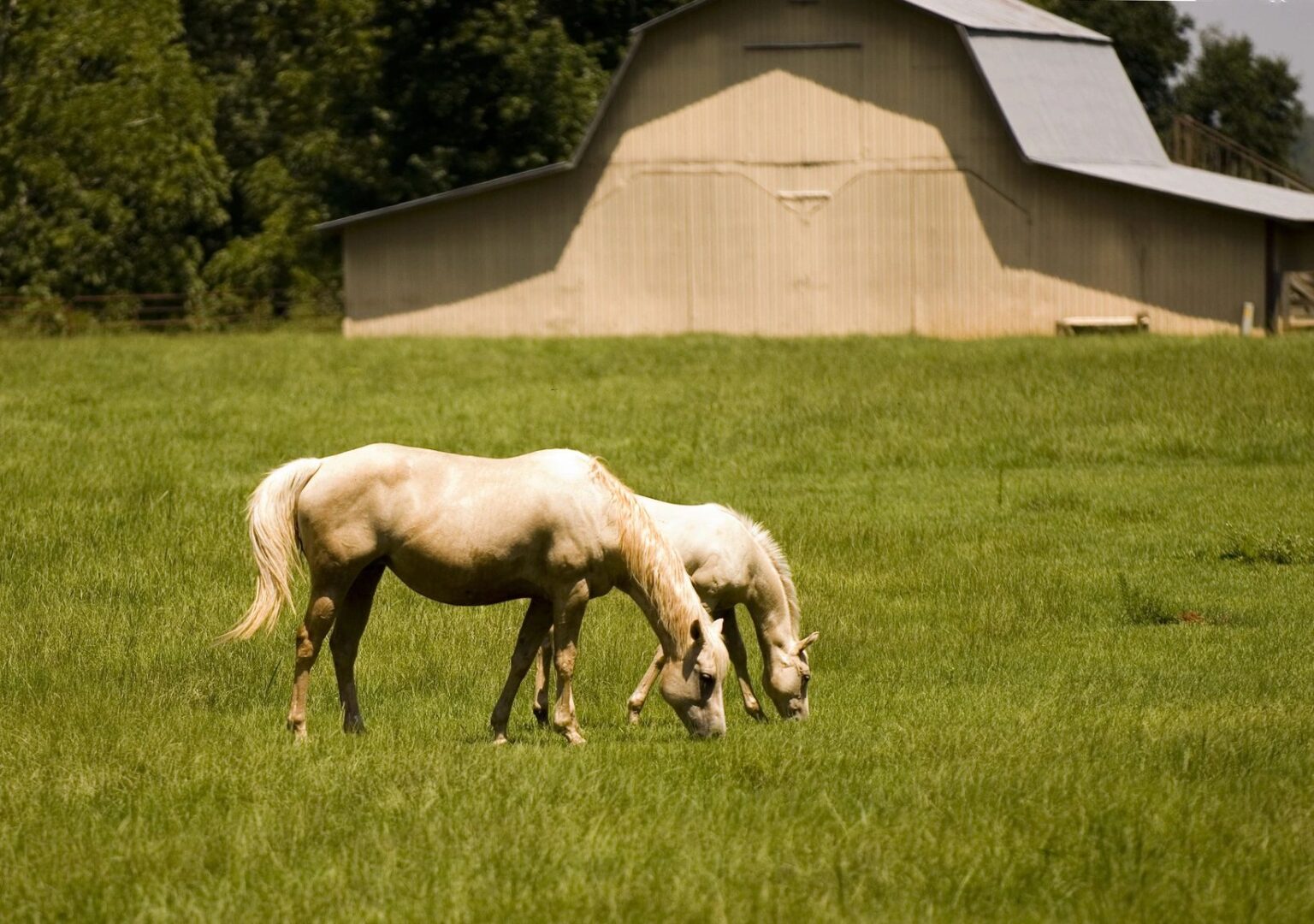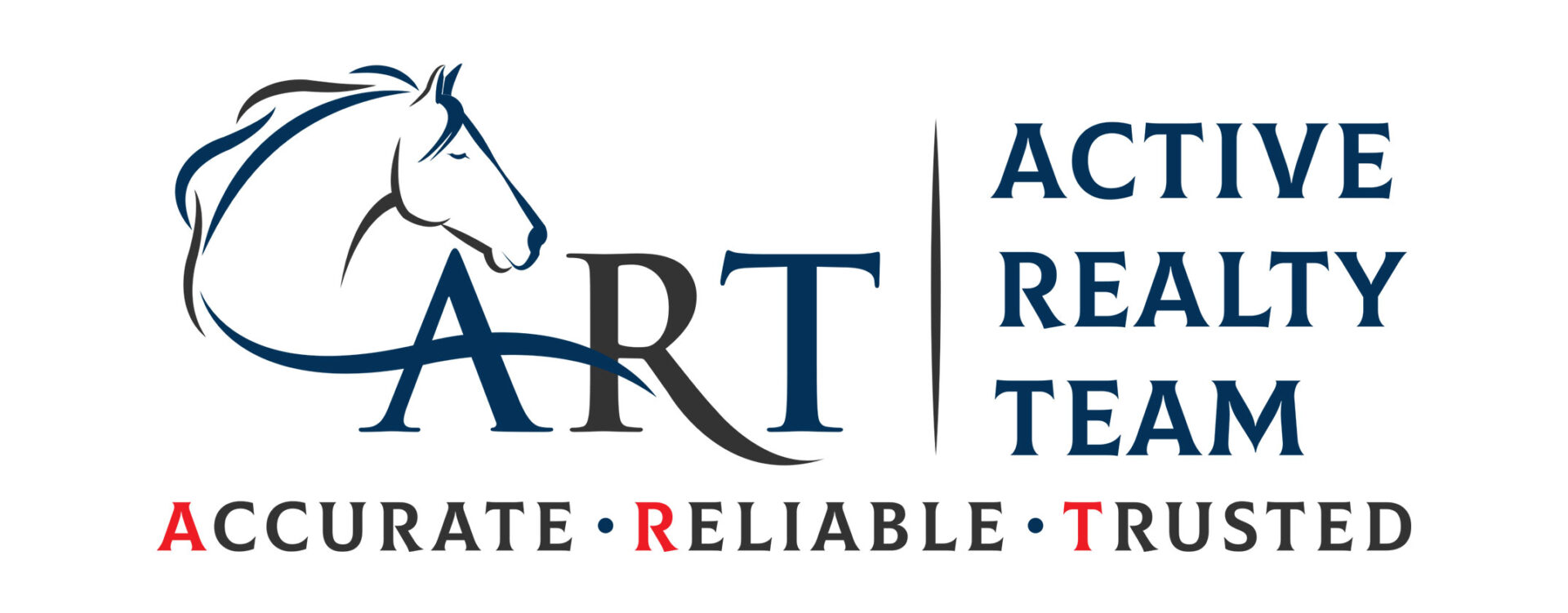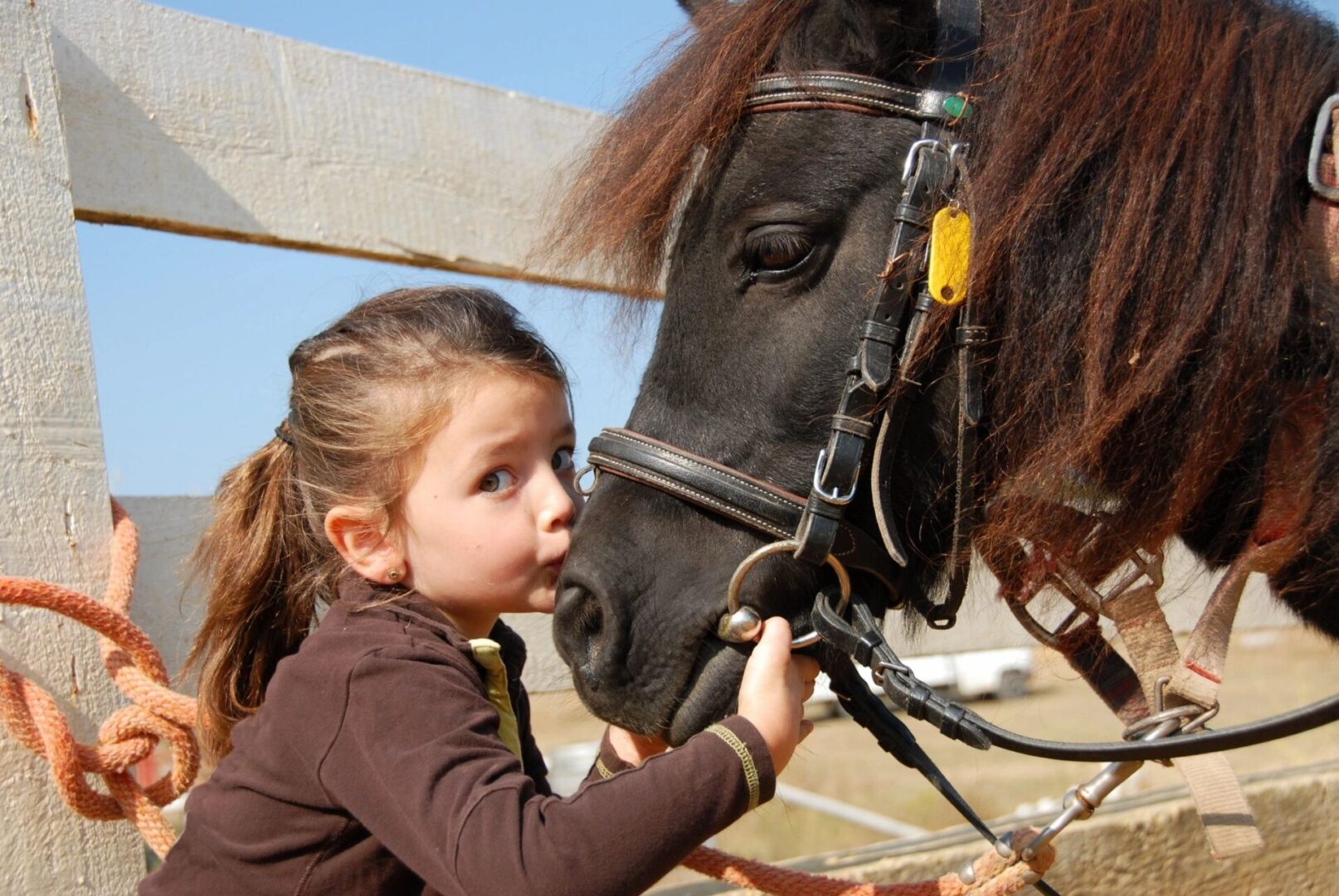
Before your move decide if you are going to find a place to board your companion while you move, ask the seller if you can place the horse on the property before you go to closing, or leave your horse with a friend till closing is finished.
As horse owners we have A LOT more to move than those without horses and we need to make sure we have a second to do list just for them and all their stuff

Before the Move Find a New:
- Veterinarian office or a traveling vet that will come to you. Hopefully, your current vet will still work but check to make sure he/she services your new area. Ask them for a referral
- If changing vets, find a new office and have your records transferred to them or get a printed out version to take with you
- Farrier if your current farrier does not service your new area. Start getting referrals maybe your current farrier would know a great one for you
- Hay provider if your current one doesn’t service your new area
- Supply provider for feed and shavings
- Go ahead and sign up early on the Nextdoor app for your new area and start asking for referrals so you have time to do your own research
Place your Coggins in the trucks glove box for easy access
Water taste different at different places or going from well water to public water. A week or two before the move start putting flavored electrolyte solution into the water so when you get to your new home the flavoring will help your horse to accept and drink the new water.
Research where to ride. If your community doesn’t have built in trails, locate where you and your horse will go to bond and enjoy being together. Here are a few to get you started: http://findaridingbuddy.com, https://www.yelp.com/nearme/horse-riding-places, https://www.fs.usda.gov/managing-land/trails, https://www.traillink.com/stateactivity/tx-horseback-riding-trails/
Before you close visit your new home if possible, to look over the barn, fencing, pastures and anything your horse will access too. Make a list of what will need to be repaired once you arrive. Last thing you need is a trip to the vet with all that needs to be done.
If you can’t get to the fence repair prior to move in a great idea is to have portable electric fence tape and strand system or portable horse corrals with you to set up so hopefully your friend stays safe and sound
Remember to include all the horse equipment into the mover’s quote. It may mean a larger container and you want to make sure of what the cost will truly be, this includes if you are moving yourselves
Sometimes the sellers will work with you in allowing you to bring a load over on a trailer a day before closing to make the transition smoother for you. Be mindful that you can’t unload it but one less thing to move is one thing off the list. It never hurts to ask, and I am not afraid to do so.
Check the trailer to make sure it is ready to move your friend:
- Floorboards are secured, remove the mats and check them all
- If metal floors, make sure there isn’t any cracked metal
- Check ramp hinges, springs for weakness and cracks
- Interior doesn’t have any sharp areas, side pads intact and in good condition and mats lying flat
- Check under trailer for damaged frame, excessive rusting and welds
- Lights work
- Brakes are working and that he battery and cords for the breakaway system are all in order
- Safety chains in good condition and long enough to cross, with the safety pin
- Make sure tires have good tread and pressure, lug nuts are tight, if not have them repaired or replaced, don’t forget to also check the spare tire
- Hitch ball is in good condition
- Is the trailer level making the hitch to high or to low? You don’t want you horse to stand at an angle stressing his joints
- In case of a flat make sure you have everything in your truck- jack, lug wrench, and flares
- Have your emergency kit in the truck such as vet wrap, tripe antibiotic ointment, cotton wrap, scissors, duct tape, bute, and peroxide to name a few
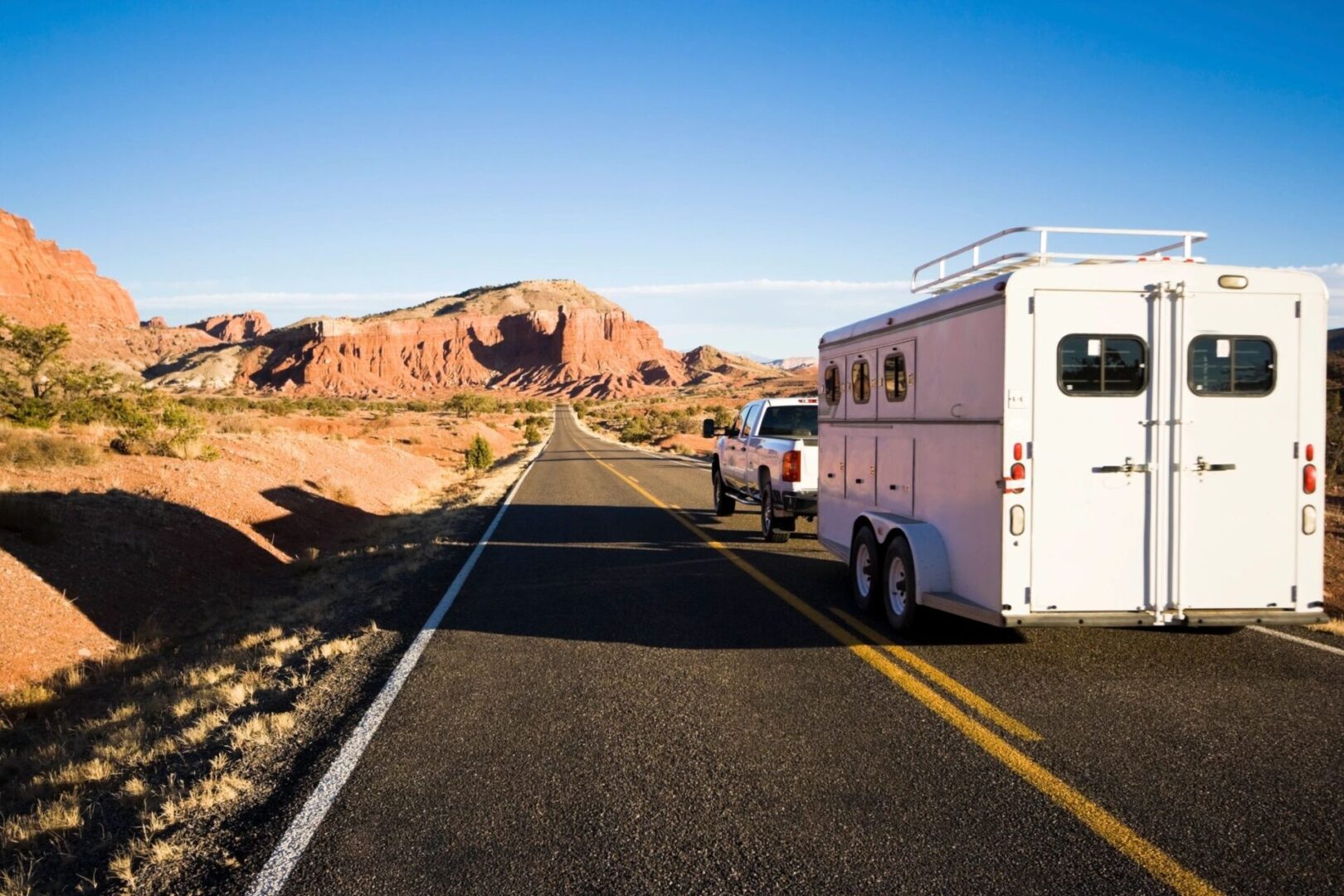
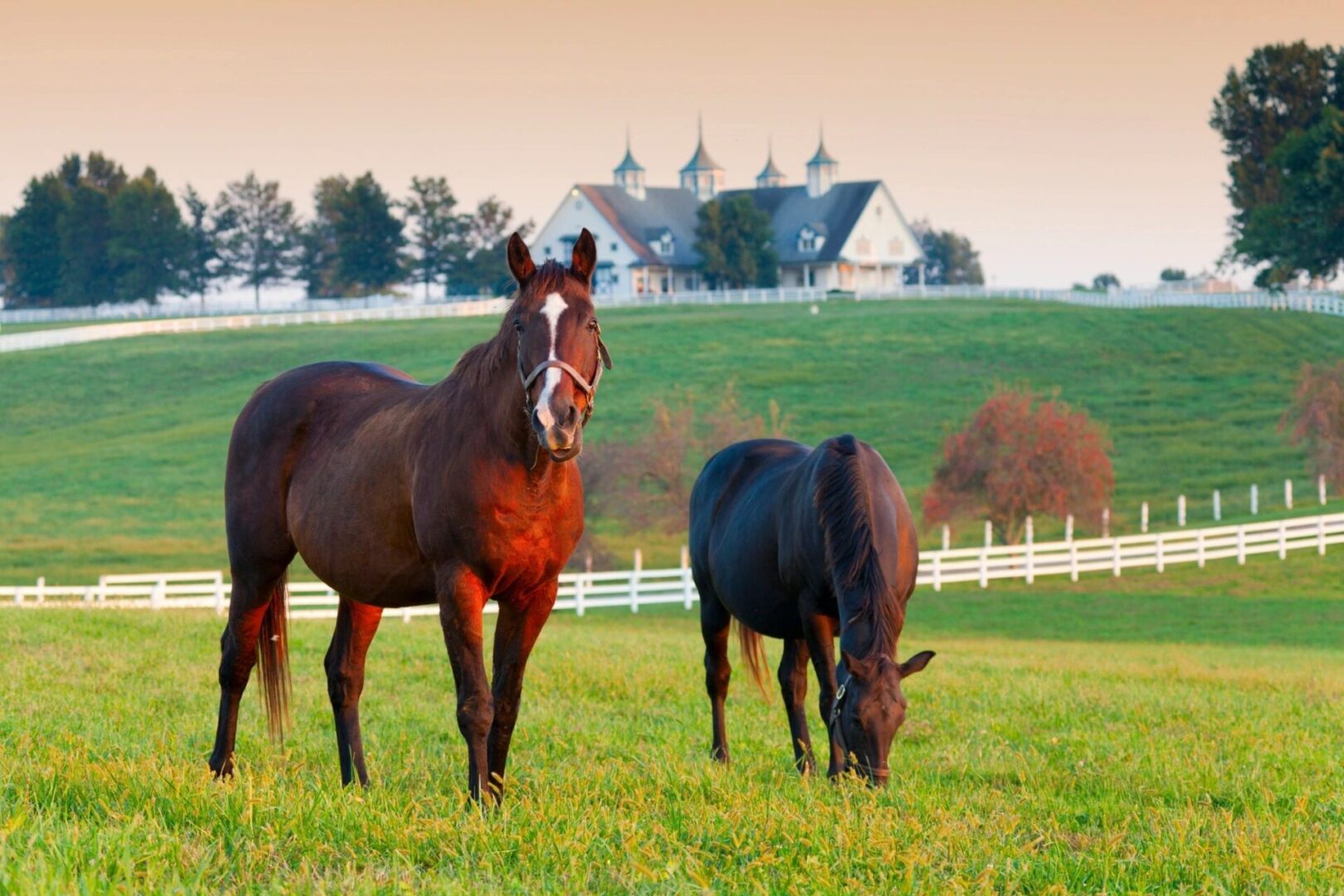
Arrival To Do List
Yay, you are at your new home. Time to get your horse out of the trailer, if you brought them with you.
Get them out of the sun and with fresh water
Look them over for any signs of injuries from the ride, clean out their feet, brush them and check for heat on their legs or feet. Keep an eye on them to ensure you do not see signs of lameness.
Watch them for a minute to ensure that they are not overly stressed or that they will get themselves into trouble in their temporary surroundings
Repair anything that you found and re-walk the property and barn to make sure new issues haven’t popped up before letting them roam
If you can’t get to the fence today install your portable electric fence tape and strand system or portable horse corrals for a temporary place for them to stretch
Give your horse a chance to adapt to his/her new home. Take them on a slow walk around the barn and pastures first
Watch your horse to ensures that they are drinking plenty of water. Hopefully, flavoring the water the few weeks before the move will have assisted with this, and you won’t have any issues.
- Signs of dehydration include lack of energy, red mucous, skin tenting, loss of appetite, excessive sweating, high heart rate, dark urine and fever
- If your horse is not drinking his/her normal intake of water (5-10 gallons per day) or he refuses to drink and is showing signs of dehydration, contact your vet right away, impact colic is a real risk
- If he/she does get dehydrated in warm weather lead them to a shady area, run cool water over them while waiting for the vet to arrive.
If you are bringing your horse from an area without grass to a pasture full of grass, consider restricting grazing time to one or two hours per day for the first several days to allow their stomach to become accustomed to the rich grass and decrease the risk of digestion upset
Keep Things Stress Free
Traveling is stressful for any horse and then add a new place to call home and your horses immune system could become weakened
To help lower their stress, try to make you horse’s new home feel as similar as possible to their previous living conditions. This means keeping their feeding schedule and other schedules intact
Of course, after their journey it would be good to give them a few days to adjust and settle in before riding or messing with them too much. No need for any accidents.
Just like us, they will need a few days to reenergize and reacclimate
